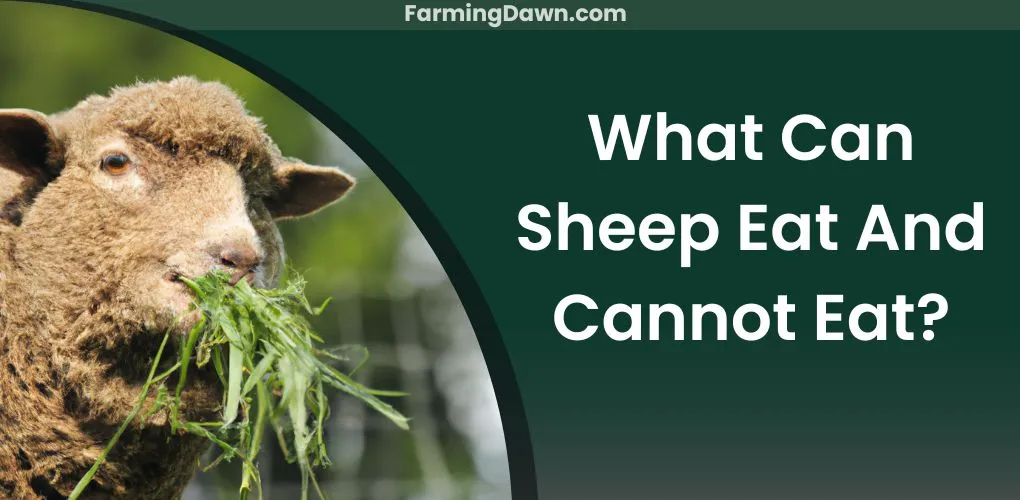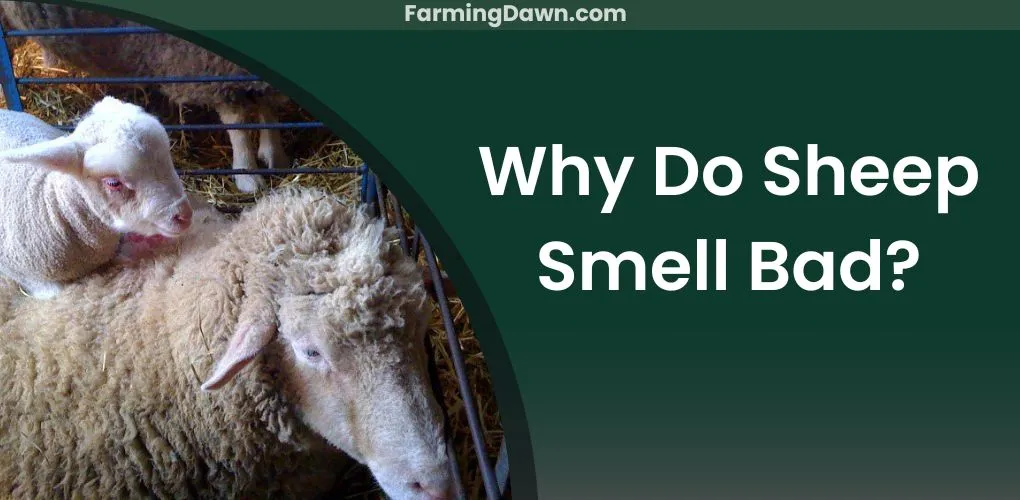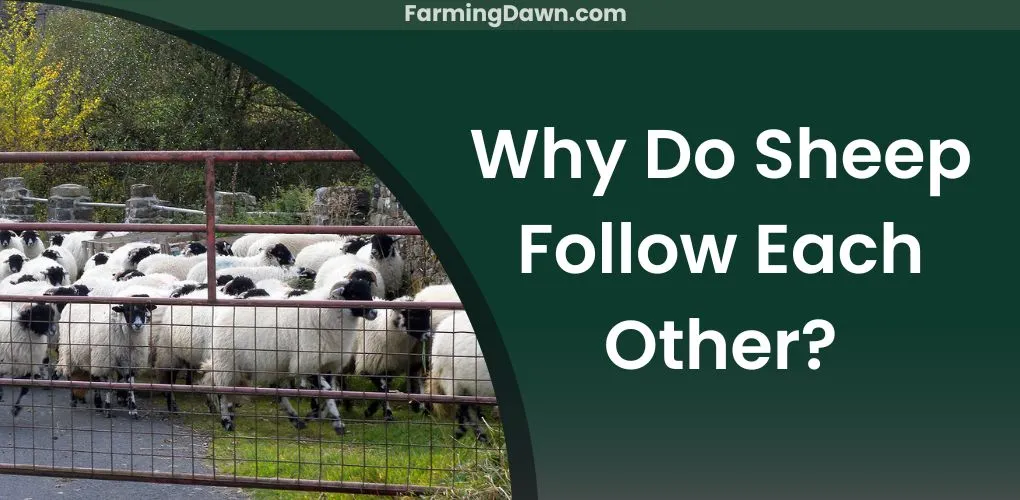If you’re thinking about raising sheep, then you must have a resounding knowledge about what can sheep eat and cannot eat. While sheep are known for their ability to graze on a variety of plants, some foods can be harmful to their health and can cause serious digestive issues. I have vast experience in raising livestock and through this guide, I will help you to navigate the do’s and don’ts of feeding sheep.
What Can Sheep Eat?
Foods Sheep Should Eat Daily
To keep your sheep healthy, their diet should mostly consist of healthy pasture or high-quality hay. Sheep are happiest when they can graze freely on a variety of grasses, legumes, and forbs, which are leafy weeds. When allowed to graze on pasture, sheep can regulate their intake and spend up to 12 hours grazing per day.
If you don’t have enough pasture, then high-quality hay is the best substitute for your sheep. They prefer soft, leafy hay over coarser hay, and do well on timothy, orchard, bluegrass, and oat hay. However, alfalfa is not always recommended as it can be too rich for sheep, leading to an increased risk of bloat and urinary tract problems.
In most cases, sheep thrive on pasture or hay alone. However, in some situations, you may need to supplement your sheep’s diet with grain, such as during pregnancy, lactation, old age, or malnourishment. If you decide to provide grain, make sure to choose a specific type made for sheep and provide it in limited amounts.
Be aware that sheep are susceptible to copper toxicity, and many goats and other livestock feeds contain lethal amounts of copper. Whatever you are feeding your sheep, remember, a healthy and balanced diet is key to keeping your sheep happy and thriving.
List of Foods A Sheep Should Eat Daily
- Hay
- Grass
- Silage
- Pellets
- Vegetables
- Fruits
- Mineral supplements
What Can Sheep Eat as Treat?
As livestock animals, sheep often need a shepherd for their care. But, if you’re a busy farmer like me and don’t have time on your hand consider giving treats to your sheep. One benefit of treating your sheep is that it keeps them content in your absence.
But remember that these treats should not be a part of their routine diet. The good news is that sheep can eat a wide variety of fruits, vegetables, weeds, and ornamental plants that are safe for them.
List of Fruits and Vegetables Safe for Sheep to Eat as Treat
- Apples
- Pears
- Carrots
- Beets
- Broccoli
- Cabbage
- Cucumbers
- Kale
- Spinach
- Squash
- Watermelon
- Blueberries
- Grapes
- Peaches
- Plums
- Strawberries
- Tomatoes
- Zucchini
- Bananas
- Oranges
List Weeds and Ornamental Plants Safe for Sheep to Eat as Treat
- Fiscus
- Greenbrier
- Lavender
- Lemon Balm
- Dandelion
- Clover
- Plantain
- Chickweed
- Yarrow
- Red clover
- Queen Anne’s Lace
- Wild roses
- Agapanthus
- Bambos
- Bay Leaves
- Cedar
- Comfrey
- Coyote Bush
- Dill
- Oregano
- Roses
- Sow Thistle
How much does a Sheep eat Per day in kg?
On average, sheep eat around 2-4% of their body weight per day. This means that a 50 kg sheep will eat between 1 and 2 kg of food per day. However, these numbers can vary based on individual sheep’s breed, age, weight, etc. Different breeds of sheep have different eating quantity. For instance, Miniature Cheviot sheep have different eating habit than Babydoll or Targhee sheep.
What Can Sheep Not Eat?
I know that sheep are known to be voracious eaters, consuming just about anything that they can find. However, there are certain foods that sheep should avoid at all costs. These foods can cause various health problems, and in some cases, they can even be fatal.
Animal Products
Animal products should never be given to sheep, as they are strictly herbivorous. What does this mean? This means that their digestive system is not designed to break down animal proteins, hence, making it difficult for them to digest such foods. Giving animal products to sheep can lead to digestive problems, diarrhea, and other health issues.
Supplemental copper
While copper is an essential nutrient for sheep, too much of it can be toxic. Therefore, supplemental copper is another food that sheep should avoid. Their toxicity reveals when they are given in the form of supplements, as these tend to be much more concentrated than natural sources of copper. Sheep can develop copper toxicity, which can lead to liver damage and even death.
Brassicas
Brassicas are vegetables such as cabbage, broccoli, and kale. These vegetables contain compounds that can interfere with the sheep’s thyroid gland functioning, leading to goiter. A goiter is a condition that causes the thyroid gland to enlarge. Therefore, avoid giving brassicas to your sheep.
Nightshades
Nightshades, including tomatoes, peppers, and potatoes, should be avoided by sheep. These vegetables contain solanine, a toxic compound that can cause digestive problems, neurological issues, and even death in high enough doses.
Avocados
Avocados are another food that sheep should not eat. These fruits contain persin, a compound that is toxic to sheep and other livestock. Eating avocados can cause breathing problems, and heart failure.
Rhubarb
Rhubarb is a type of vegetable that contains oxalic acid, which can interfere with calcium absorption in sheep and lead to kidney damage. To avoid any illness it is best to avoid offering any rhubarb to your sheep.
Chocolate
Chocolate is a sweet treat for the children and kids but not for the sheep. This treat contains theobromine, a compound that can be toxic to sheep and other animals. Eating chocolate can cause vomiting, diarrhea, and even seizures.
Mold
Mold can produce mycotoxins, which can be toxic to sheep and other animals. Moldy foods, including moldy hay and moldy grains, should also be avoided by sheep.
Plants That Sheep Should Not Eat
In addition to these foods, there are also several plants that sheep should not eat. These include hemlock, which is highly toxic and can cause paralysis and death, and yew, which can cause sudden death in sheep.
Can Sheep Eat Cabbage?
Yes, sheep can eat cabbage. Cabbage is a nutritious vegetable that contains high levels of vitamin C, fiber, and other essential nutrients. If you feed the cabbage moderately, it can be a valuable addition to a sheep’s diet, providing them with the essential nutrients they need for optimal health.
However, remember that sheep should not consume large amounts of cabbage, especially in the form of raw or uncooked leaves. Because excessive consumption of cabbage can lead to digestive upset, bloating, and other health issues.
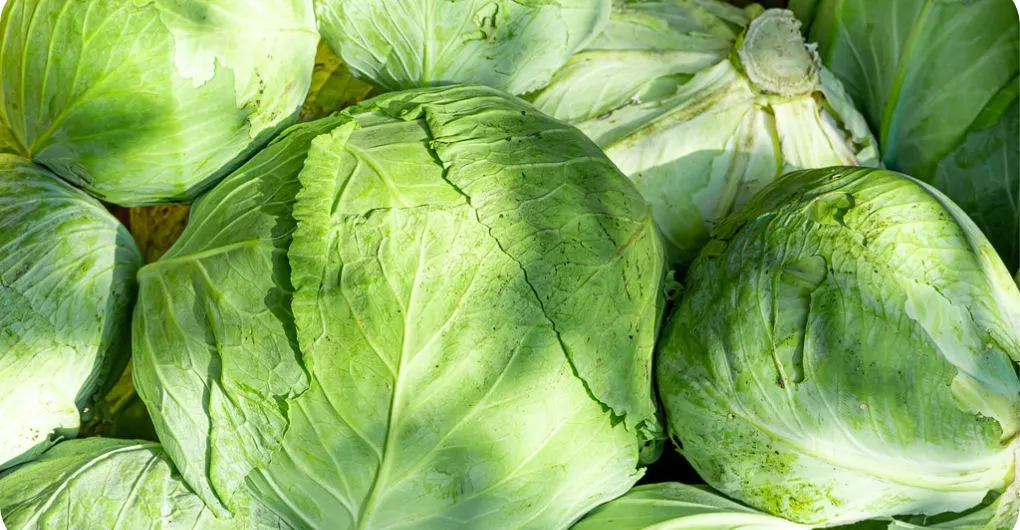
Can Sheep Eat Blueberries?
Sheep are known for their selective feeding habits and will only consume what they need. Therefore, if you provide your sheep with a small number of blueberries, they will eat them if they feel the need for them. However, as I mentioned before, sheep are herbivores and are known to graze on grasses, clovers, and other plants in the pasture. Therefore, blueberries should not make up the majority of a sheep’s diet, as they are not a natural part of their diet in the wild.
Moderate incorporation of blueberries into a sheep’s diet can provide some benefits. Blueberries are packed with antioxidants, vitamins, and minerals, which can help support a sheep’s immune system and overall health.
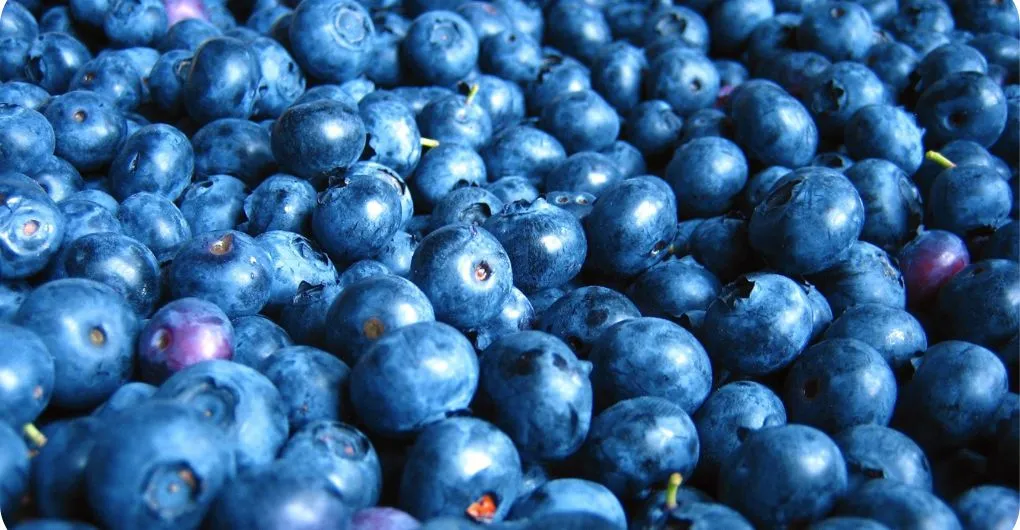
Can Sheep Eat Tomatoes?
To answer the question, can sheep eat tomatoes, the answer is yes and no. You previously learned that sheep have a complex digestive system that requires a diet high in fiber and low in protein. Whereas, tomatoes are low in fiber and high in acidity.
Also, the leaves and stems of tomato plants are toxic to sheep and should be avoided at all costs. These parts contain a toxic alkaloid called solanine that can cause digestive issues and even death in sheep. So if you’re planning on feeding your sheep tomatoes, be sure to only give them the ripe fruit and discard the rest.
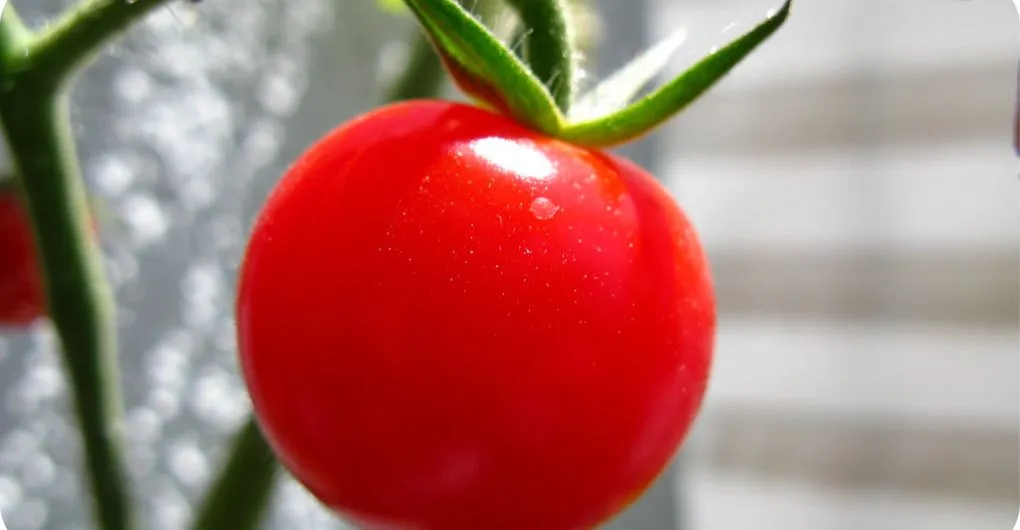
Can Sheep Eat Almonds?
Almonds are high in fat and protein, which can be difficult for sheep to digest. While almonds are not toxic to sheep, still they are not a natural part of their diet and may not provide the necessary nutrients for optimal health.
Therefore, I will suggest you provide your sheep with a balanced diet that includes a variety of plant-based foods that are suitable for their digestive system. This can include grass, hay, legumes, and other vegetation because they are readily available in their natural environment.
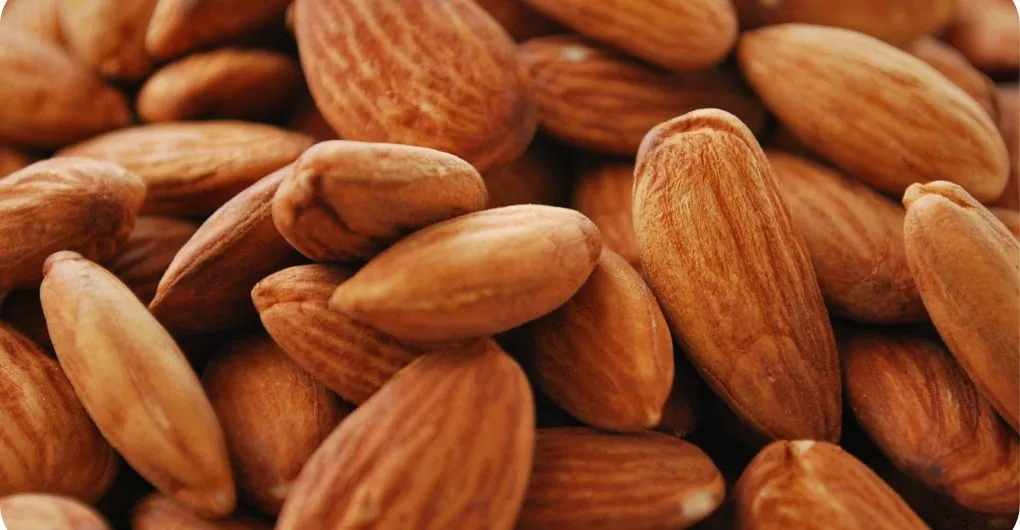
Can Sheep Eat Cucumbers?
Yes, you can feed cucumber to your sheep, but, with some caveats. Cucumbers are a great source of hydration and nutrients for sheep. They are low in calories, high in water content, and contain vitamins such as vitamin C, vitamin K, and potassium.
However, consider the type of cucumber before feeding your sheep. Some varieties of cucumbers have tougher skin and may be more difficult for sheep to digest. Therefore, I will suggest you stick to smaller, tender-skinned cucumbers that are easier for them to chew and swallow.
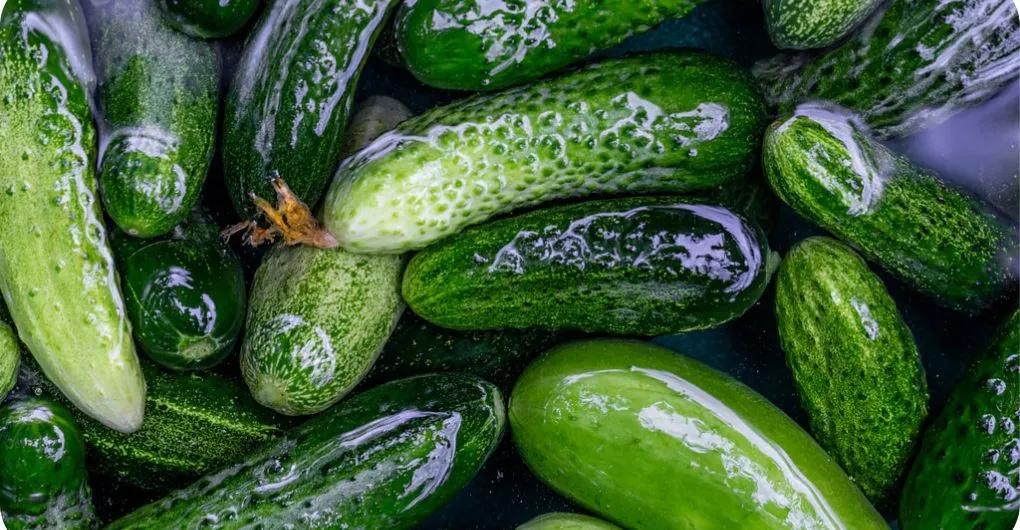
Can Sheep Eat Potatoes?
Yes, sheep can eat potatoes. Potatoes can be a good source of carbohydrates for sheep and can provide several health benefits. The best way to add potatoes to your sheep’s diet is to properly peel them before feeding them to the sheep. However, raw potatoes should not be fed to the sheep because they contain solanine, which is toxic to both humans and animals. Therefore, it is important to cook the potatoes before feeding them to your sheep.
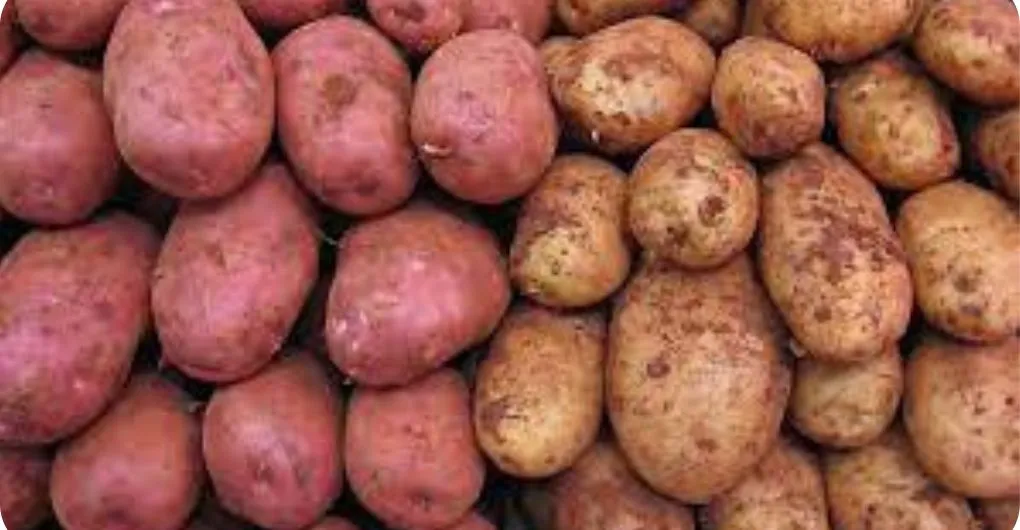
Can Sheep Eat Christmas Trees?
Christmas tree is often made of pine trees and most sheep love eating pine. Pine trees can have several health benefits for your flock. Plus, feeding the pine trees to your sheep is a great way to recycle the tree. However, limit their access to the tree, because the pine needles of Christmas trees are sharp and can cause injuries to the mouth and digestive system of the sheep.
If you plan to feed your sheep Christmas trees, make sure to remove all the needles and branches, leaving only the trunk. You must also remove any tinsel, ornaments, or decorations. These decorations are often made of plastic or glass and can cause choking or injury if ingested.
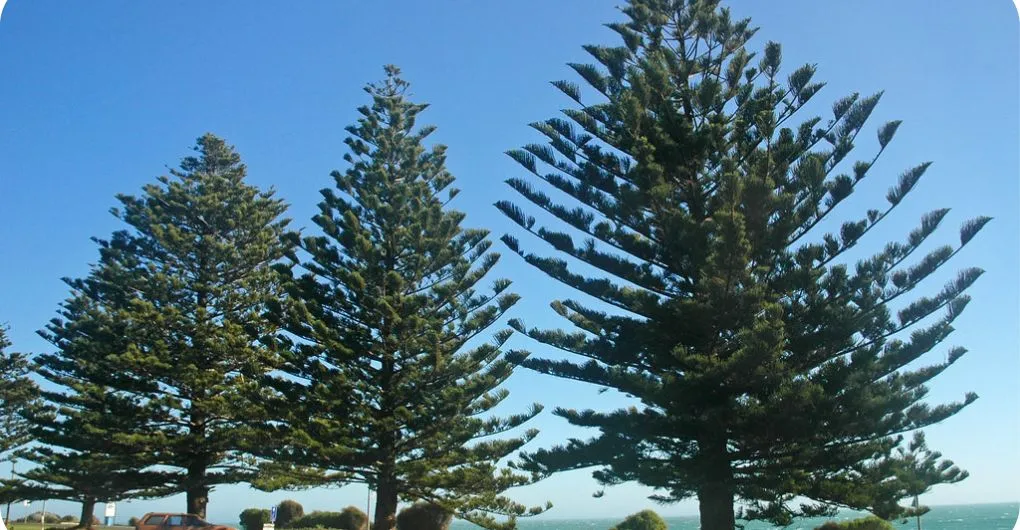
Can Sheep Eat Watermelon Rinds?
Watermelon rinds can be a nutritious addition to a sheep’s diet if given in moderation, so, yes, you can feed your sheep watermelon rinds. These rinds are rich in fiber, which is essential for maintaining healthy digestive function in sheep. They also contain vitamins and minerals such as potassium, magnesium, and vitamin C, which are important for maintaining overall health and vitality.
The best way to add watermelon rinds to your sheep’s diet is to combine them with other feed sources, such as hay or pasture grass. Properly prepare the rinds before feeding. The tough outer layer of the rind should be removed to make it easier for the sheep to digest. The rind should also be cut into small pieces to avoid any potential choking hazards.
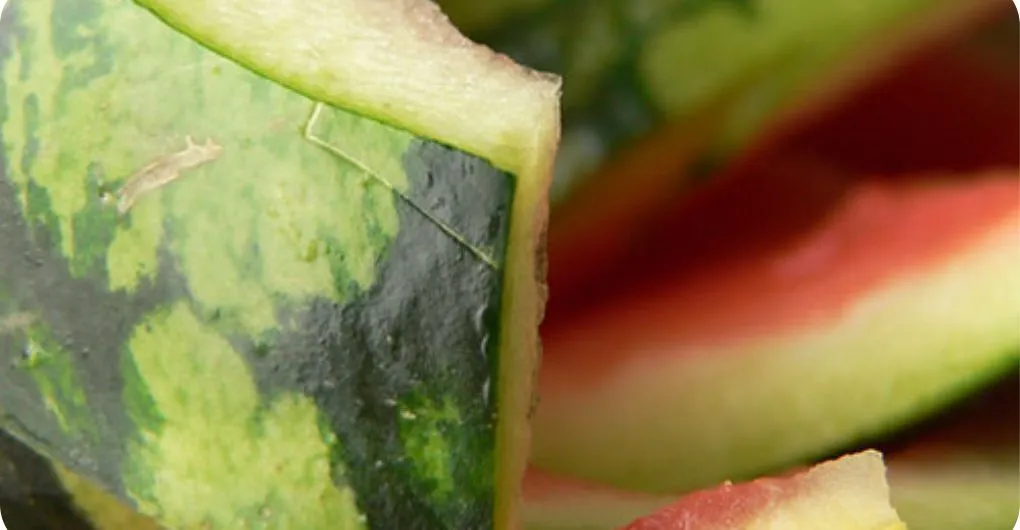
Can Sheep Eat Goat Feed?
First and foremost, we must understand that sheep and goats have different dietary requirements. While both are ruminants, their digestive systems are not the same. Therefore, their nutritional needs are different, and they cannot consume the same feed.
Sheep require a diet high in fiber, whereas goats prefer a diet with more roughage and a higher concentration of minerals. You should provide them with a diet that meets their specific nutritional requirements. Therefore, I will not recommend you feed sheep with goat feed or vice versa.
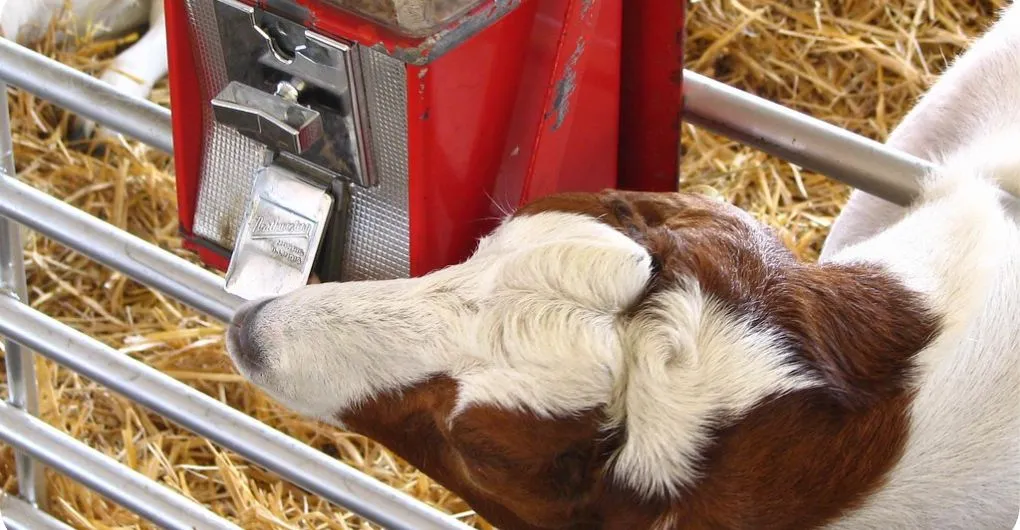
Can Sheep Eat Sweet Feed?
Absolutely, sheep can eat sweet feed. But what is sweet feed and when it’s appropriate to feed it to sheep? Sweet feed is a type of feed that contains a mixture of grains, such as corn, oats, and barley, along with molasses to make it sweet and more palatable. It’s commonly used for livestock that requires high-energy diets, such as horses and cattle, but it can also be given to sheep in certain circumstances.
While sweet feed can provide some energy and protein, it should not be the primary source of nutrition for sheep. Instead, they should consume a balanced diet of hay, pasture grasses, and possibly some supplements. The first thing you want to avoid is overfeeding. Overfeeding sweet-feed sheep can lead to health issues, such as acidosis and laminitis.
Can Sheep Eat Pumpkin?
Yes, of course, Sheep can eat pumpkin, and in fact, it can be a nutritious addition to their diet. Pumpkins are a member of the gourd family and are rich in vitamins and minerals that are beneficial for sheep. However, there few things you should consider when it comes to feeding pumpkins to sheep.
The first thing is that the pumpkin should be ripe and not moldy or rotten. Sheep can easily digest the flesh of the pumpkin, but the seeds and stem should be removed before feeding as they can be difficult to digest and pose a choking hazard, similar to watermelon rind or Christmas decorations.
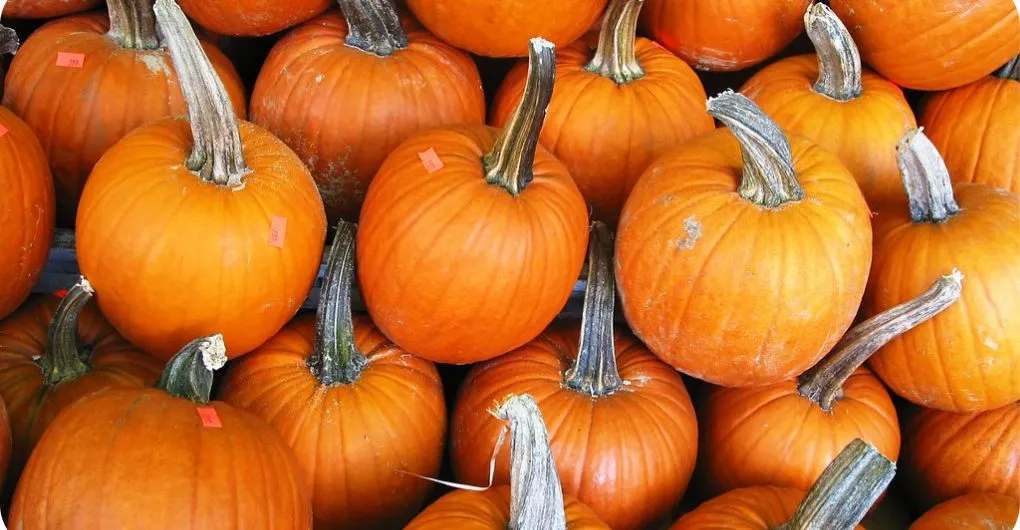
Do Sheep Eat Blackberry Bushes?
Blackberry bushes are a common plant found on many farms, and they can be a valuable source of nutrition for sheep, especially during the summer months when grasses may become less plentiful. When given access to blackberry bushes, sheep will eagerly consume the leaves, stems, and even the fruit of the plant. This is because sheep are natural grazers and have a digestive system that is well-equipped to handle a wide range of plant material, including blackberry bushes.
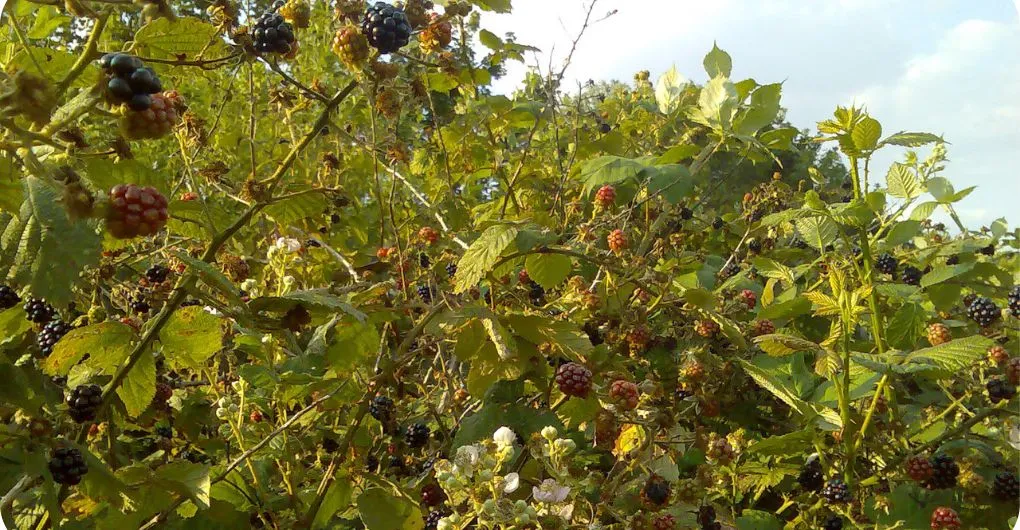
Can Sheep Eat Bread And Other Grains?
As I mentioned before, sheep can eat small amounts of bread and other grains as treats or supplements, but they should not be a significant part of their diet. Sheep are naturally adapted to grazing on grasses and other fibrous plants, which provide the necessary nutrients for their health and well-being.
Feeding them too many grains can lead to nutritional imbalances, as well as behavioral problems like aggression and restlessness. Another thing you need to remember is that different types of grains have varying levels of nutritional value for sheep, so it’s essential to consult with a veterinarian to determine the right balance for your flock.
Can Sheep Drink Beer?
No, a sheep should not drink beer. Beer contains alcohol, which is harmful to sheep. In fact, alcohol is toxic to many animals, not just sheep. The digestive system of sheep is not equipped to handle beer. If sheep consume beer, it can cause serious health problems like dehydration, diarrhea, and even death.
While it may be tempting to offer your sheep a sip of beer, it’s not worth the risk to their health. So, let’s stick to treating them with healthy snacks like carrots, apples, or even a bit of molasses.
Final Thoughts on What Can Sheep Eat and Cannot Eat?
As we wrap up this discussion on what can sheep eat and cannot eat, you should remember that every sheep is unique and may have different dietary needs. However, there are certain things to consider while feeding your flock.
For example, in addition to grasses and forage, sheep can also eat a variety of grains and fruits, such as corn, oats, and apples. sheep remain healthy and happy if you provide them with a proper and nutrient-rich diet. Ultimately, you as a farmer will benefit from a healthy flock.

